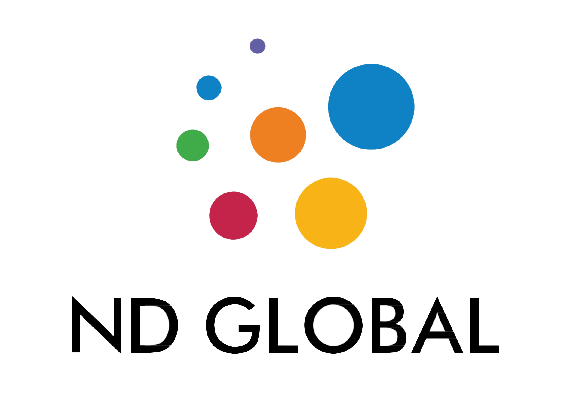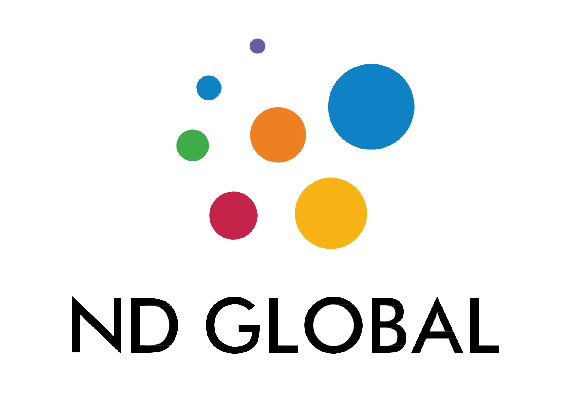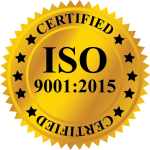Documentation plays a vital role in healthcare staffing, ensuring the smooth operation of recruitment, onboarding, compliance, and workforce management processes. In a highly regulated industry like healthcare, thorough and accurate documentation is not just an administrative necessity but also a cornerstone for delivering quality patient care. Below is an exploration of why documentation is essential for healthcare staffing, highlighting key areas such as compliance, operational efficiency, risk management, and staff satisfaction.
1. Ensuring Regulatory Compliance
Healthcare staffing agencies must adhere to stringent regulatory requirements, including state laws, federal mandates, and industry standards set by organizations like the Joint Commission (JCAHO) and the Centers for Medicare & Medicaid Services (CMS). Proper documentation ensures compliance by maintaining accurate records of:
- Licenses and Certifications: Verifying that healthcare professionals have valid credentials to practice.
- Background Checks: Documenting screenings for criminal history, drug use, and other potential red flags.
- Health and Immunization Records: Confirming compliance with vaccination policies and health screenings, such as TB tests.
Failure to comply with these requirements can result in legal penalties, loss of accreditation, and reputational damage. Documentation serves as a safeguard against these risks, providing proof of adherence during audits and inspections.
2. Streamlining Onboarding and Credentialing
The onboarding process in healthcare staffing involves verifying credentials, conducting training, and ensuring new hires are ready to meet the demands of their roles. Comprehensive documentation helps streamline this process by:
- Centralizing Records: Housing all necessary documents in a single, accessible location.
- Tracking Expirations: Monitoring licenses, certifications, and other time-sensitive credentials to avoid lapses.
- Reducing Redundancy: Reusing stored information for multiple placements, saving time for both the agency and the clinician.
Modern healthcare staffing agencies often use credentialing management software to automate these tasks, but the foundation of these systems is robust and well-maintained documentation.
3. Mitigating Risk and Liability
In a field where mistakes can have life-or-death consequences, proper documentation is critical for mitigating risk. Healthcare staffing agencies face potential liability if:
- An unqualified professional is placed in a position due to inadequate documentation.
- Regulatory noncompliance results in legal action.
- Patient safety is compromised due to poor staffing practices.
Documenting incidents, complaints, and resolution steps is also essential for protecting against litigation. Comprehensive records demonstrate that the agency followed due diligence and implemented corrective actions when necessary.
4. Enhancing Operational Efficiency
Effective documentation reduces inefficiencies in healthcare staffing operations. By maintaining organized records, agencies can:
- Fill Positions Quickly: Accessing up-to-date information on candidates’ qualifications and availability.
- Facilitate Communication: Providing clear records for recruiters, clients, and staff to reference.
- Simplify Audits: Streamlining the review process during compliance checks or internal evaluations.
Digitizing documentation further enhances efficiency by enabling quick searches, automated alerts for expiring credentials, and seamless sharing of records between departments.
5. Supporting Quality Patient Care
The ultimate goal of healthcare staffing is to ensure that facilities are adequately staffed with competent professionals who can provide high-quality care. Documentation supports this objective by:
- Verifying Competency: Ensuring that staff have the necessary skills and training for their roles.
- Tracking Continuing Education: Documenting ongoing learning to keep clinicians updated on best practices.
- Facilitating Proper Staffing Levels: Maintaining accurate schedules and shift logs to prevent burnout and ensure optimal patient-to-staff ratios.
Without proper documentation, there’s a risk of placing underqualified or overworked staff, which can compromise patient safety and care quality.
6. Meeting Client Expectations
Healthcare facilities expect staffing agencies to provide qualified, vetted professionals who can integrate seamlessly into their teams. Documentation helps agencies build trust and meet these expectations by:
- Providing Transparency: Offering clients access to records that verify compliance and qualifications.
- Demonstrating Reliability: Ensuring that all required documentation is in place before placements.
- Facilitating Customization: Keeping detailed records of client preferences and requirements for tailored staffing solutions.
7. Ensuring Staff Satisfaction and Retention
Healthcare professionals value clear and efficient processes during onboarding and throughout their employment. Well-maintained documentation contributes to staff satisfaction by:
- Reducing Administrative Burdens: Streamlining paperwork so clinicians can focus on patient care.
- Improving Communication: Keeping records of schedules, feedback, and performance evaluations for clarity and fairness.
- Supporting Career Growth: Documenting achievements and continuing education to help professionals advance their careers.
Satisfied staff are more likely to remain with an agency, reducing turnover and associated costs.
8. Facilitating Incident Reporting and Resolution
Incidents, whether related to clinical errors, workplace conflicts, or patient complaints, are inevitable in healthcare. Proper documentation of these events is essential for:
- Root Cause Analysis: Identifying the underlying issues and preventing future occurrences.
- Compliance Reporting: Meeting legal and regulatory requirements for incident documentation.
- Demonstrating Accountability: Showing stakeholders that the agency takes issues seriously and acts responsibly.
Clear and comprehensive incident reports protect both the staffing agency and the facilities it serves.
9. Adapting to Industry Trends and Challenges
The healthcare industry is constantly evolving, with changes in technology, regulations, and workforce dynamics. Documentation allows staffing agencies to adapt by:
- Tracking Regulatory Updates: Staying informed of new requirements and implementing them promptly.
- Leveraging Data Analytics: Using documented trends to make informed decisions about recruitment, retention, and client relations.
- Preparing for Crises: Maintaining records that support quick response planning during emergencies, such as pandemics or natural disasters.
10. Building a Reputation for Excellence
In a competitive industry, reputation matters. Comprehensive and organized documentation demonstrates professionalism and reliability, helping agencies build trust with clients, staff, and regulatory bodies. A strong reputation attracts more clients and top talent, contributing to long-term success.
Conclusion
Documentation is the backbone of healthcare staffing, ensuring compliance, efficiency, risk management, and quality care. From verifying credentials and meeting regulatory standards to supporting operational efficiency and enhancing staff satisfaction, well-maintained records are indispensable. Investing in robust documentation processes, supported by modern technology, helps healthcare staffing agencies stay competitive while delivering exceptional service to both clients and clinicians. In an industry where details matter, thorough documentation is not just necessary—it is essential for success.










